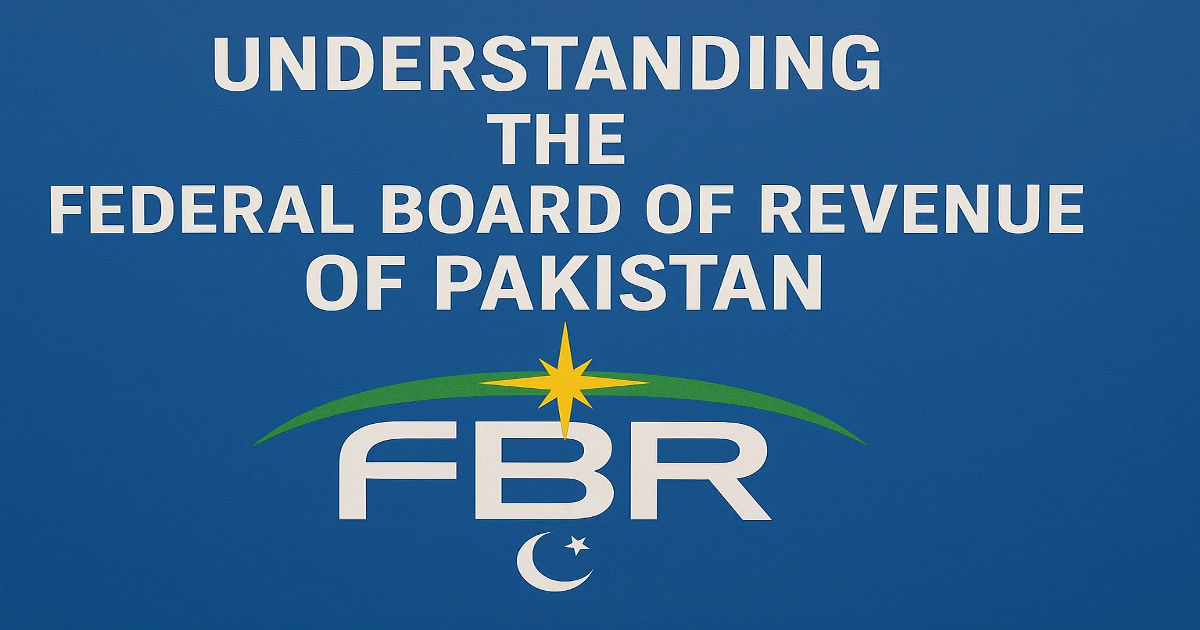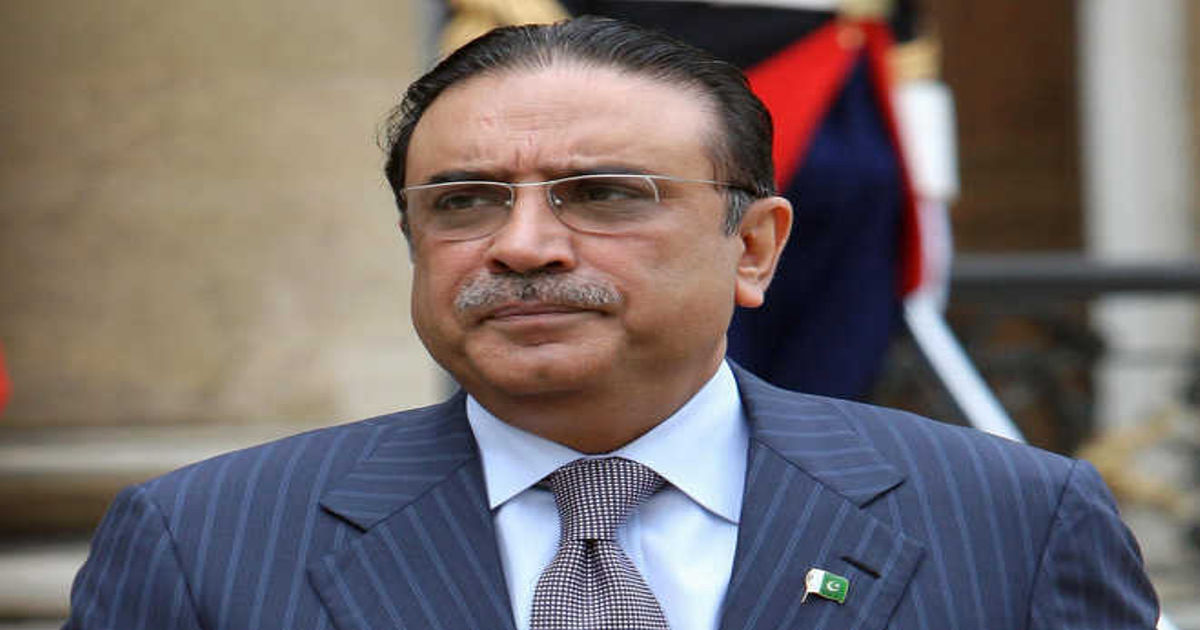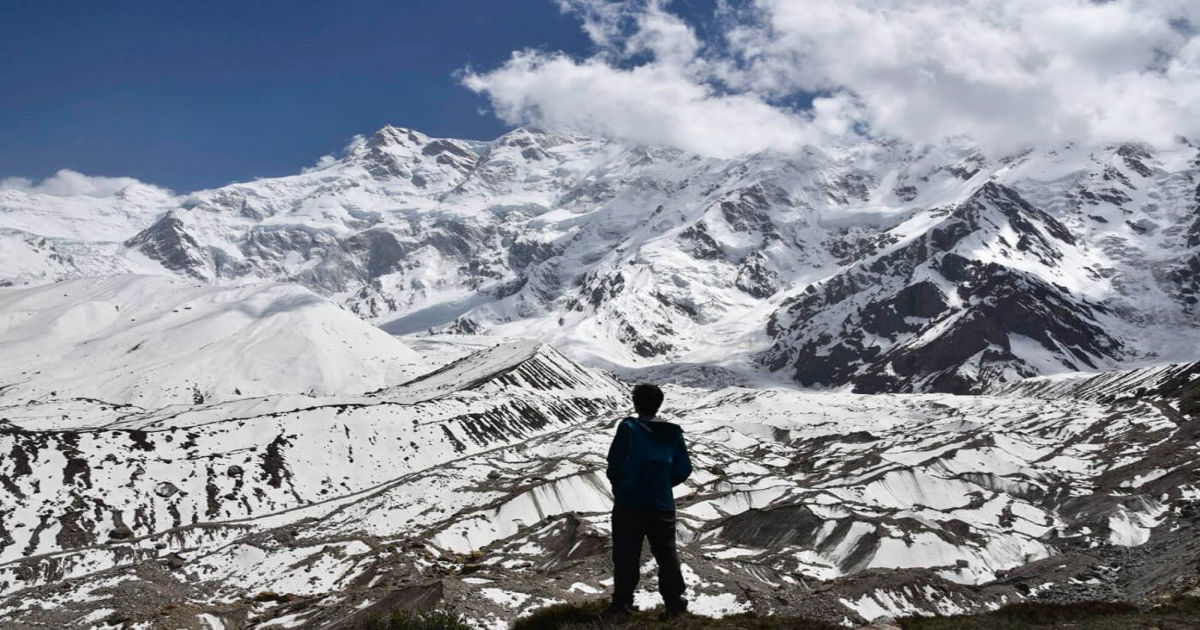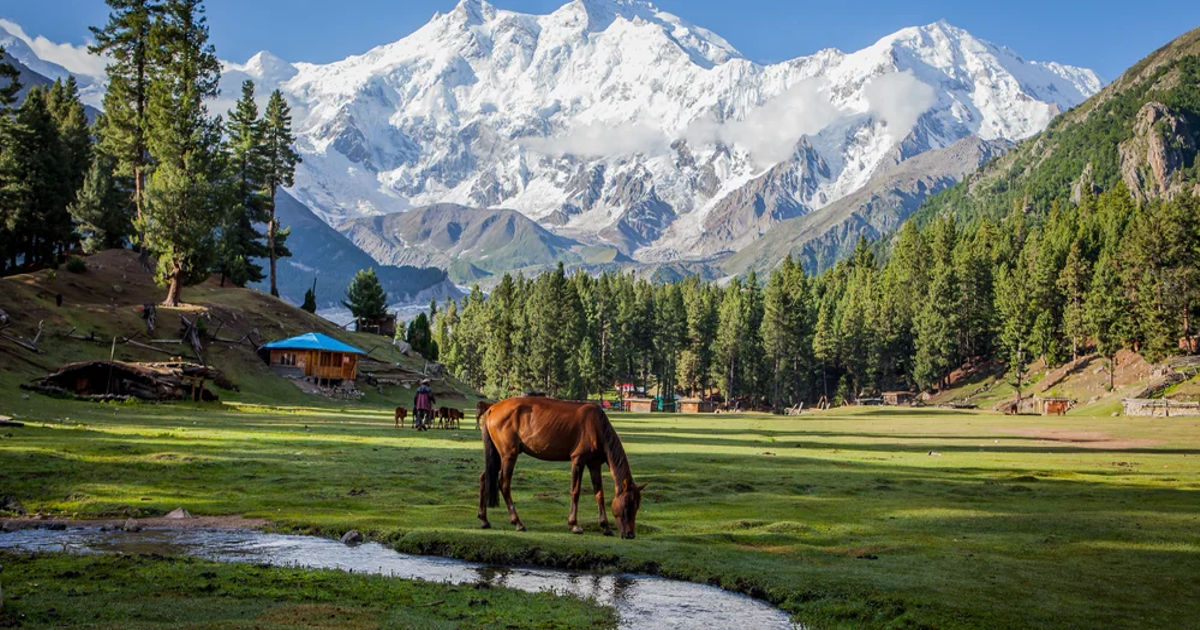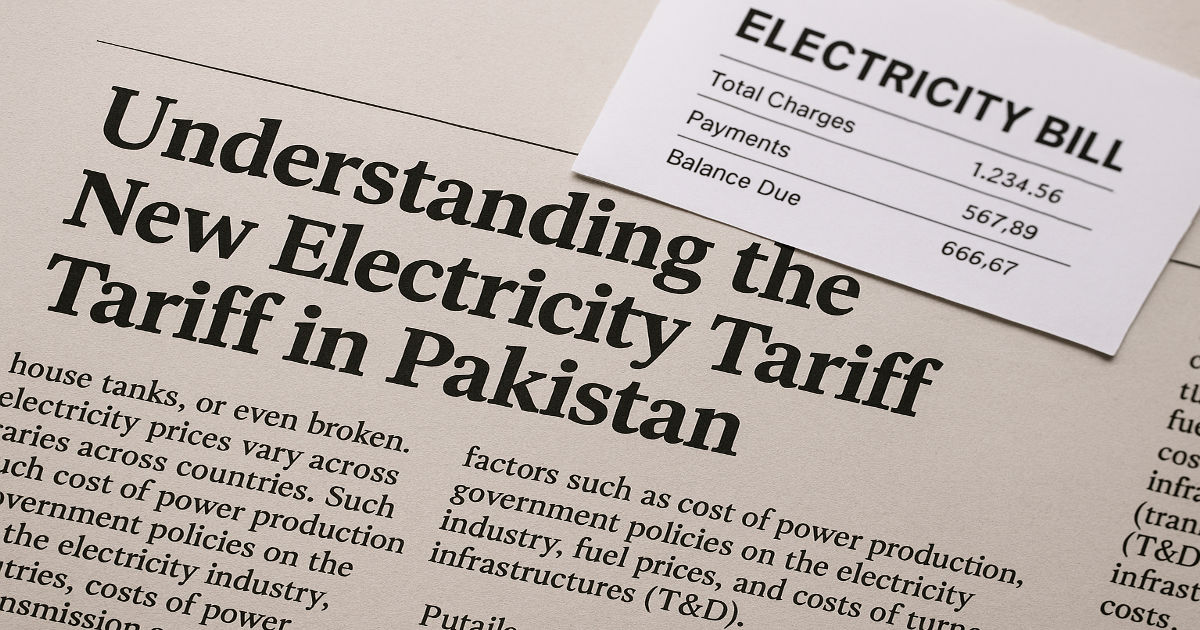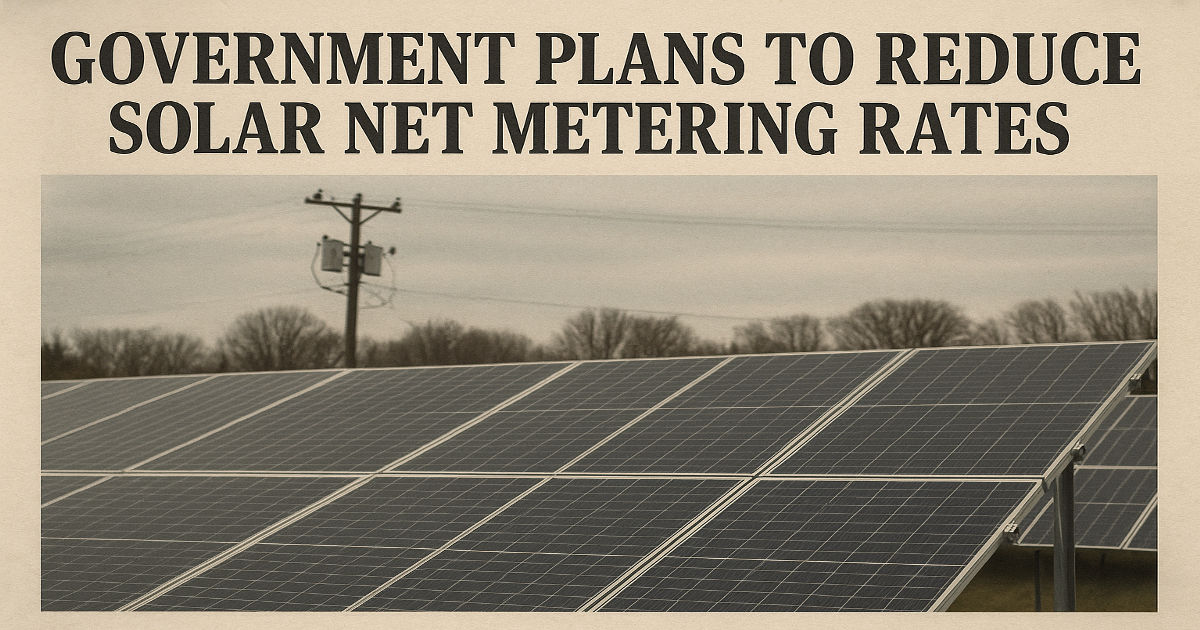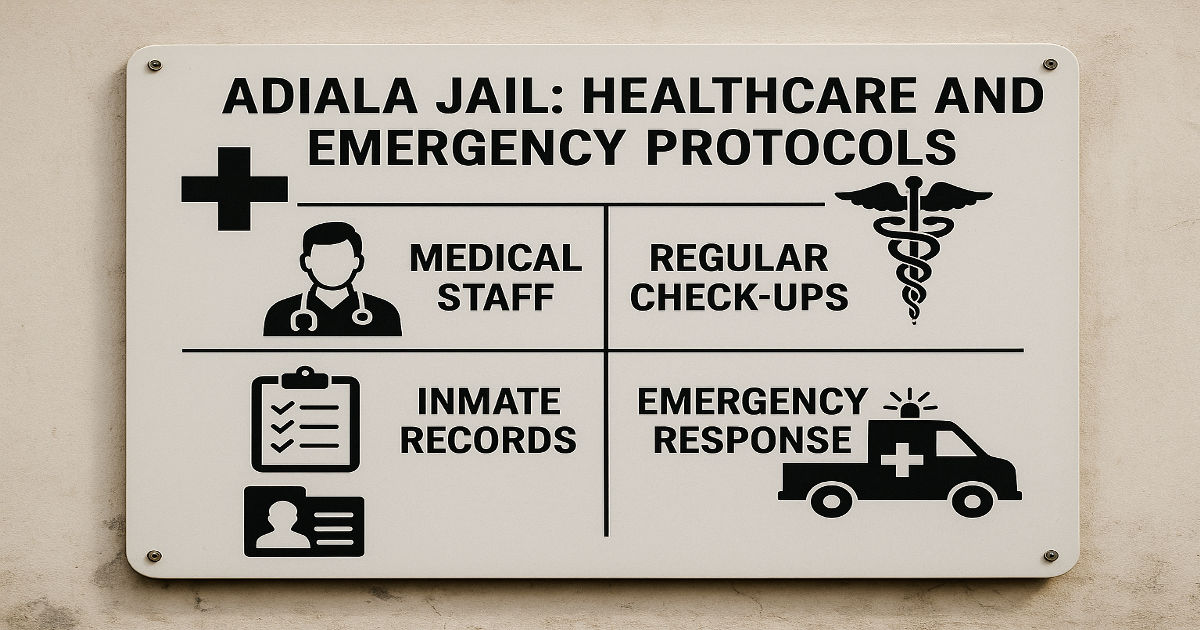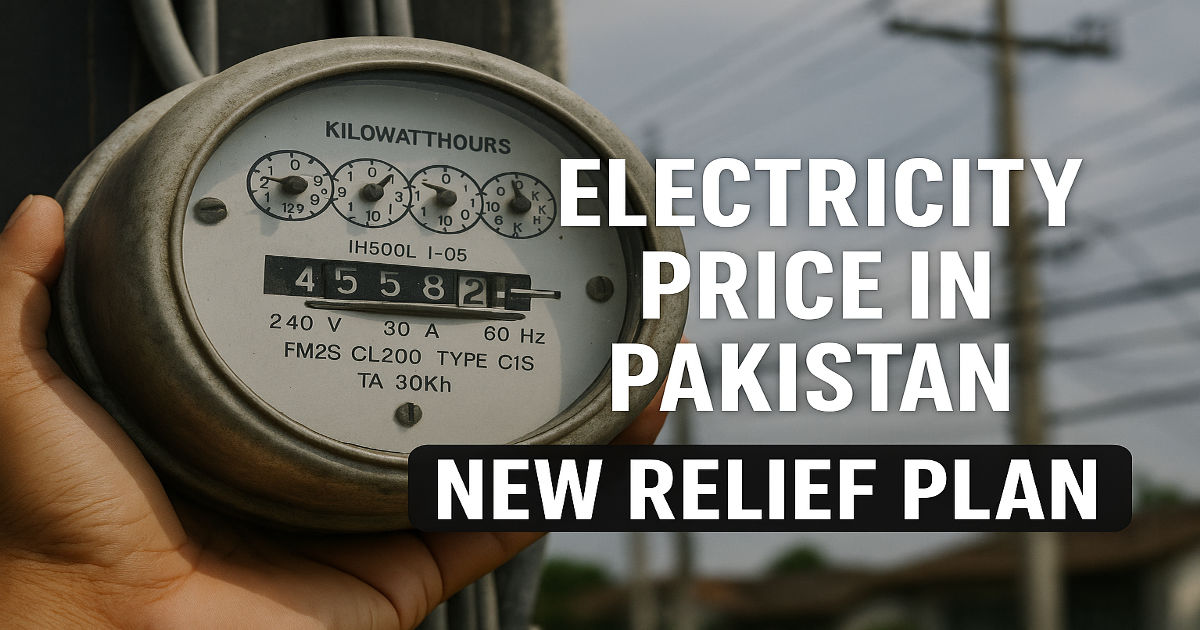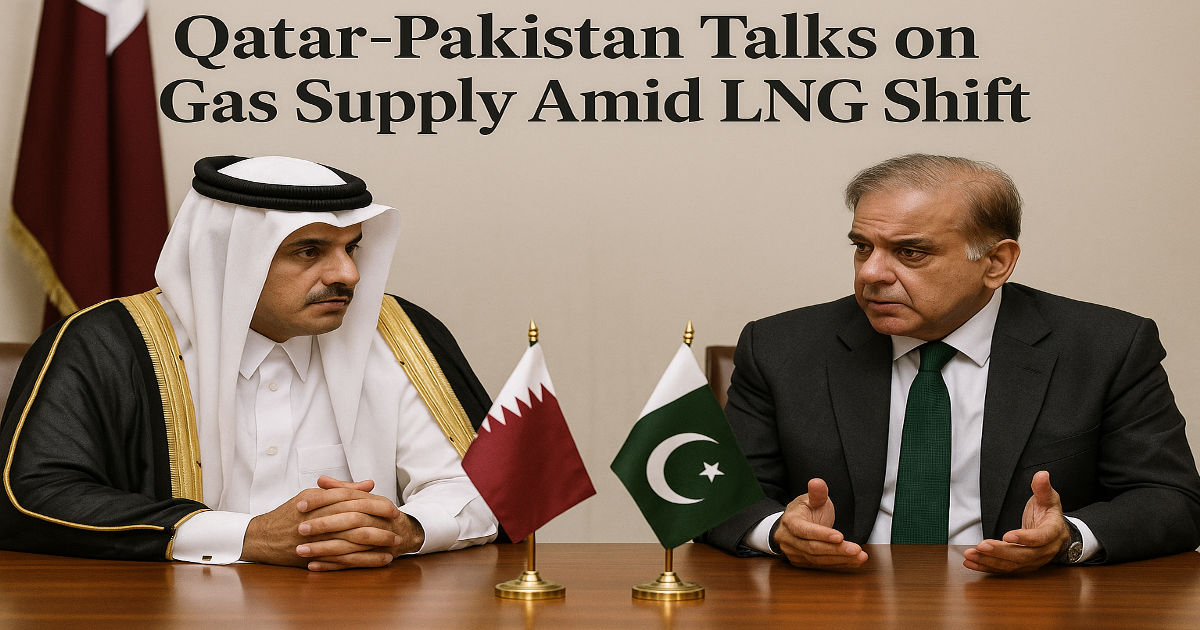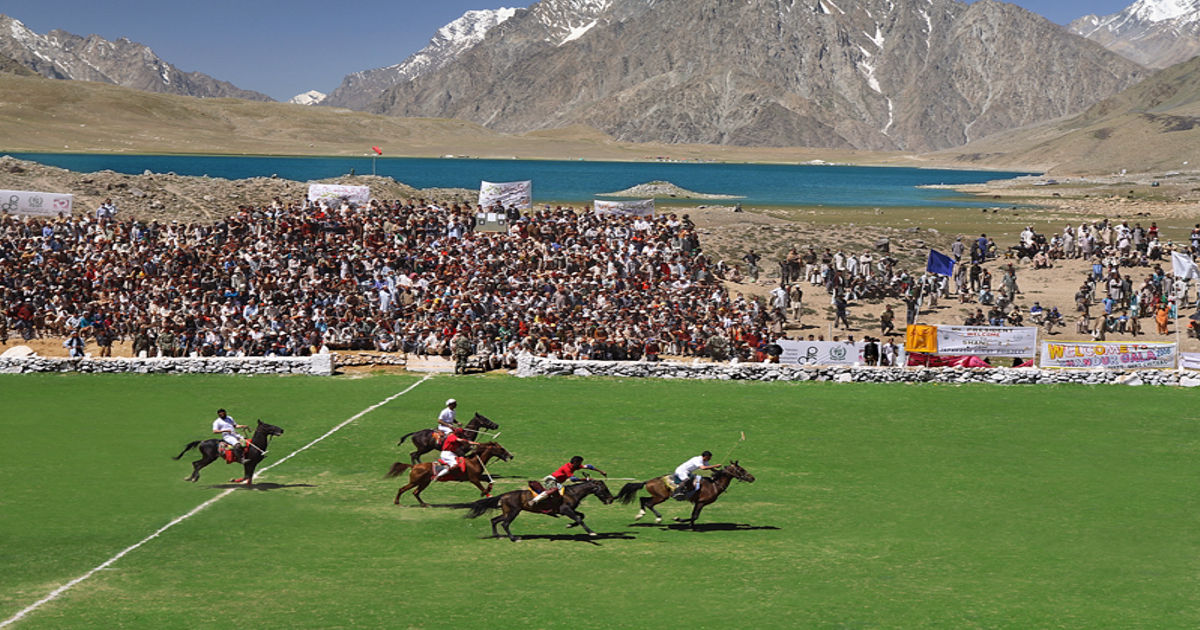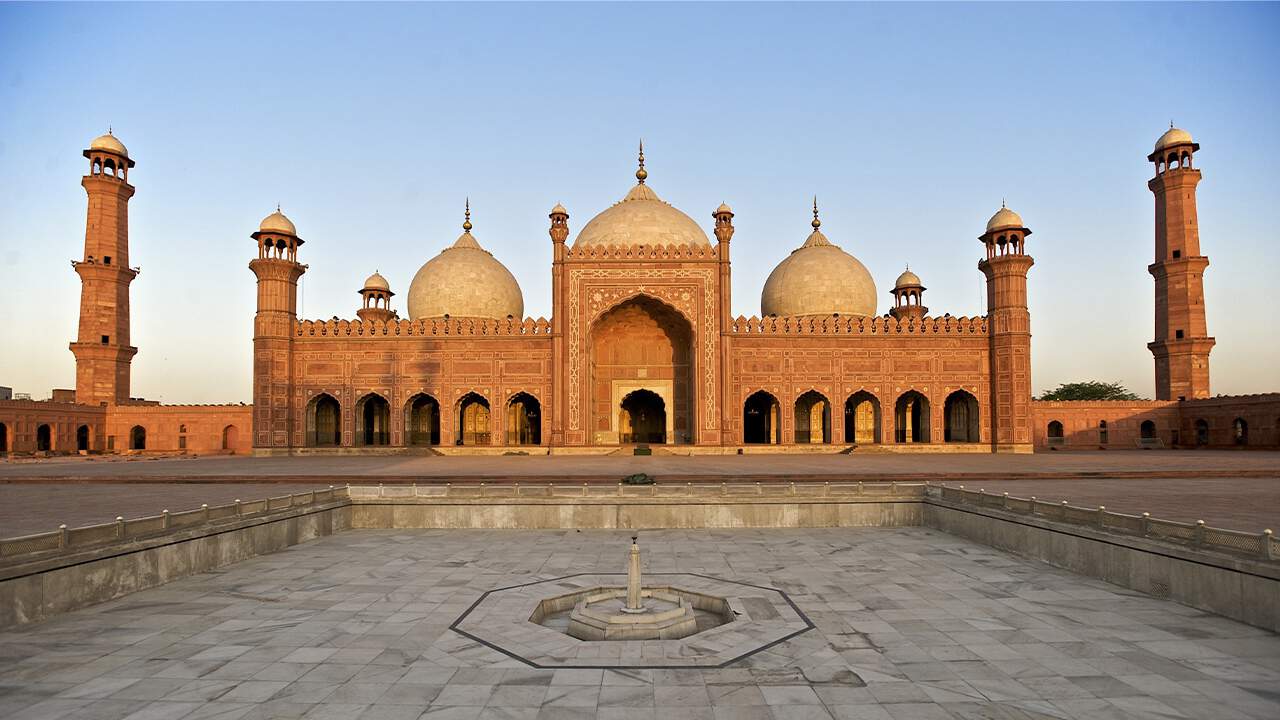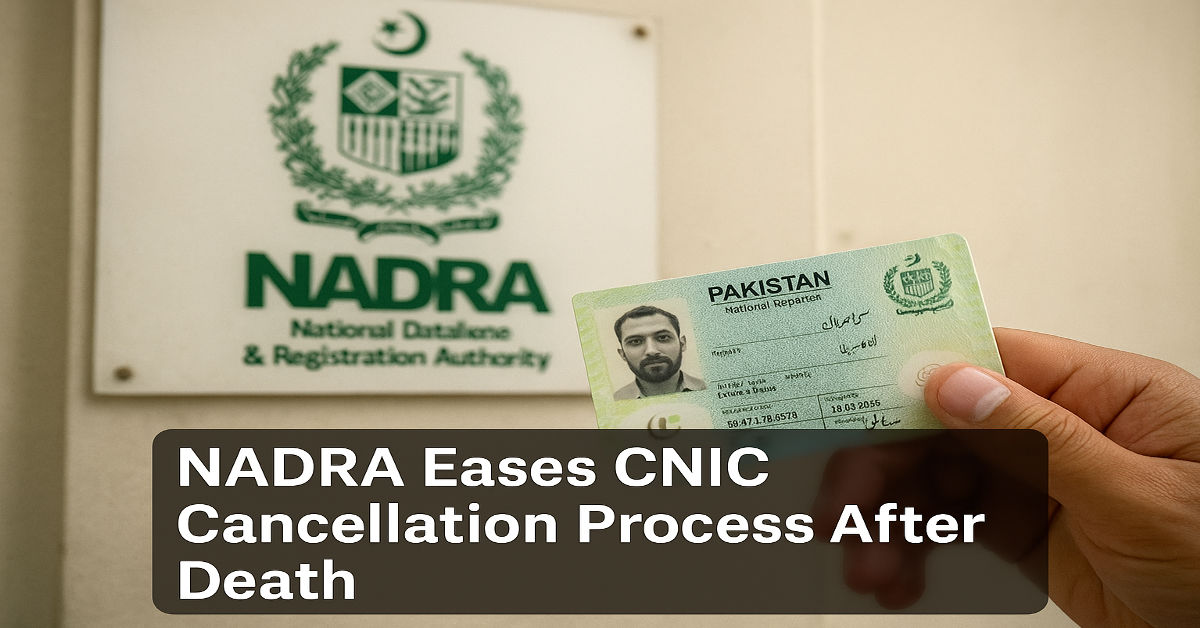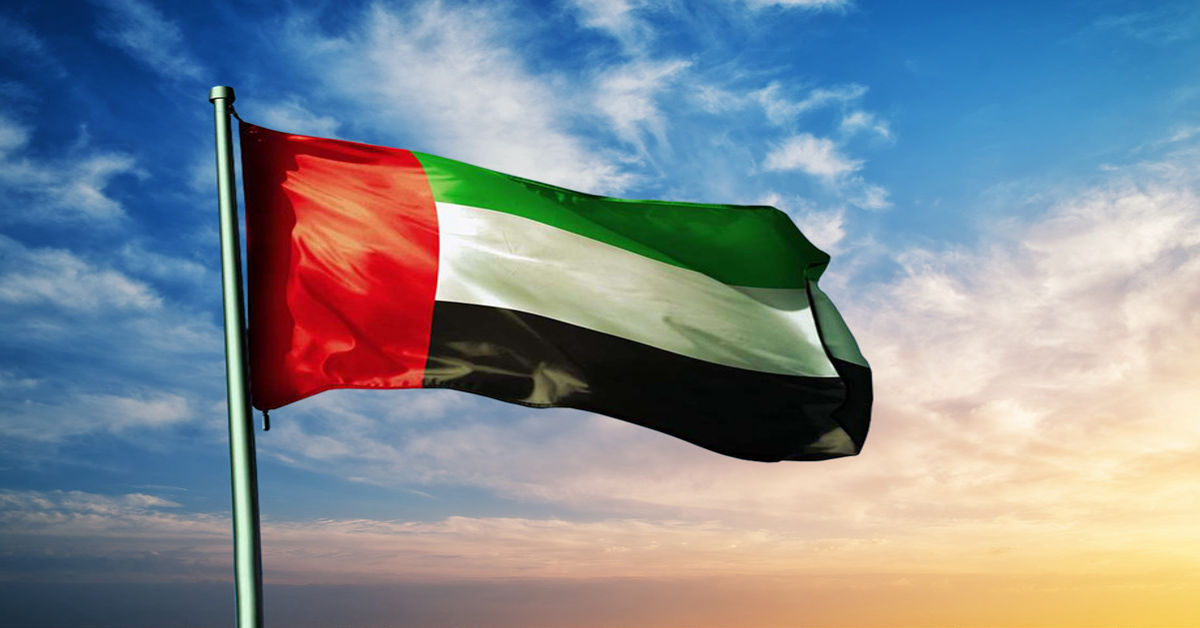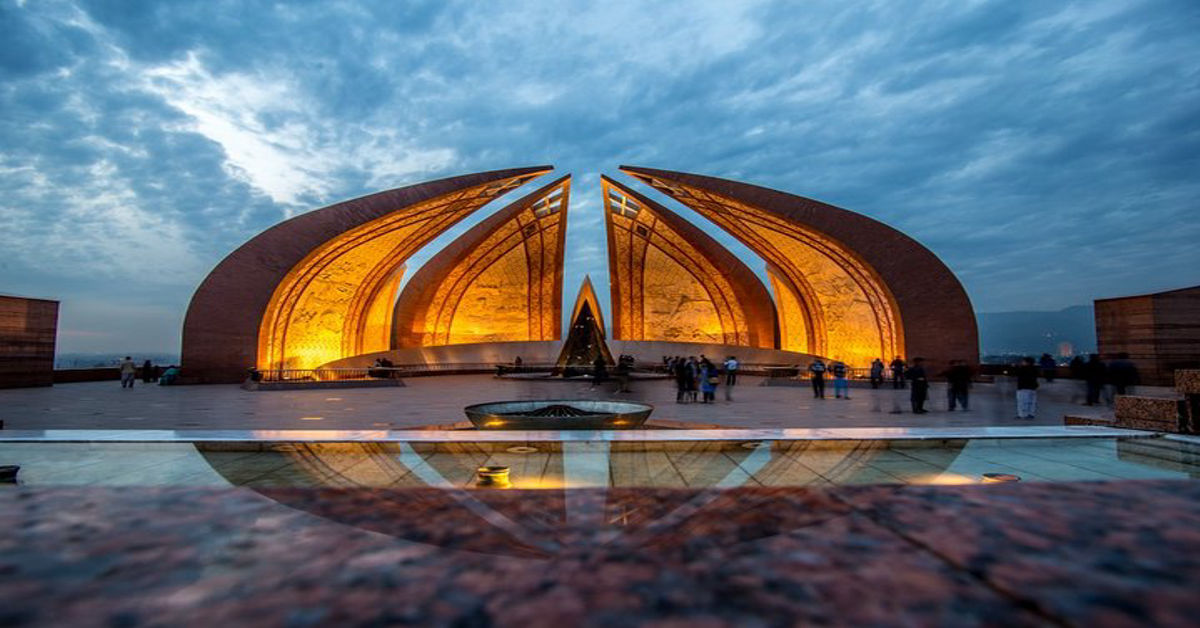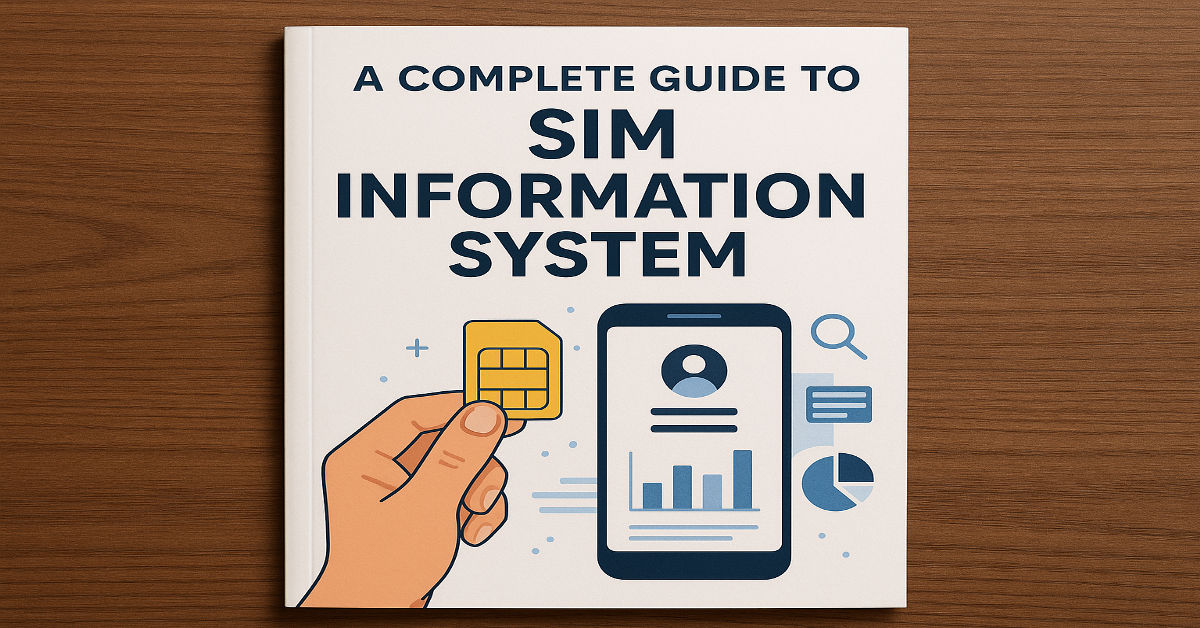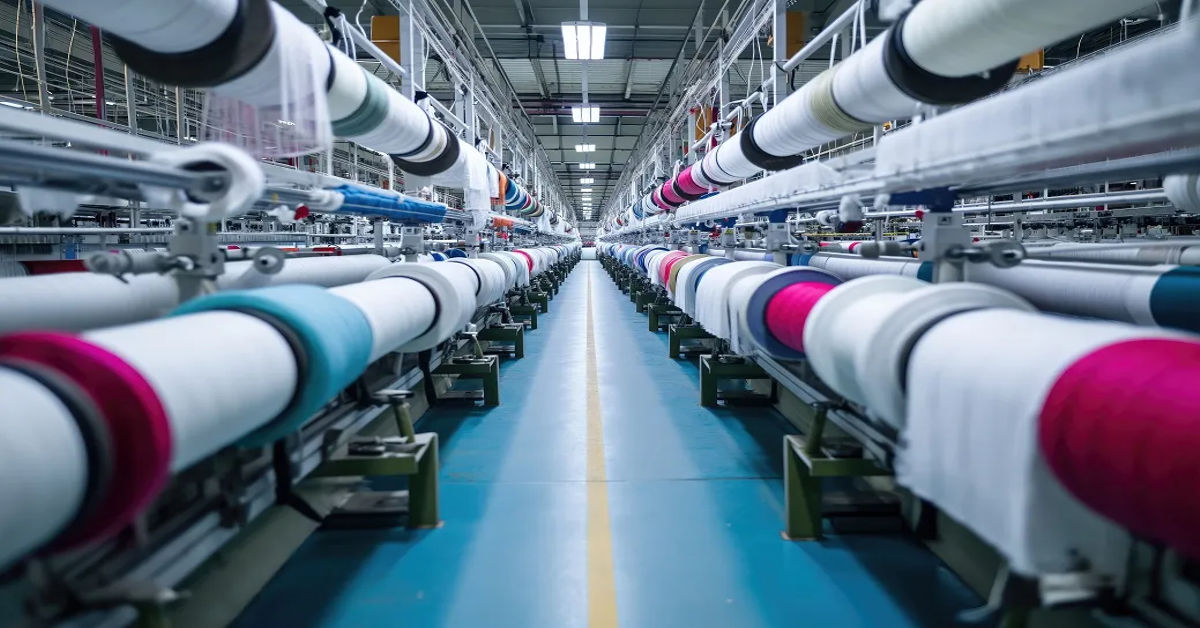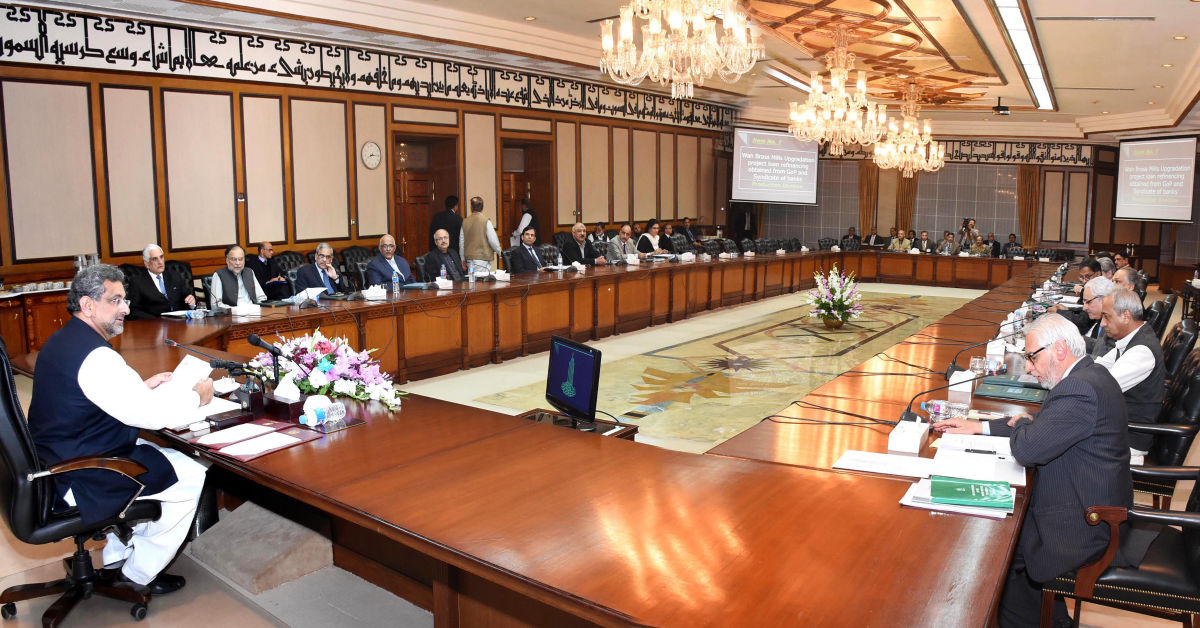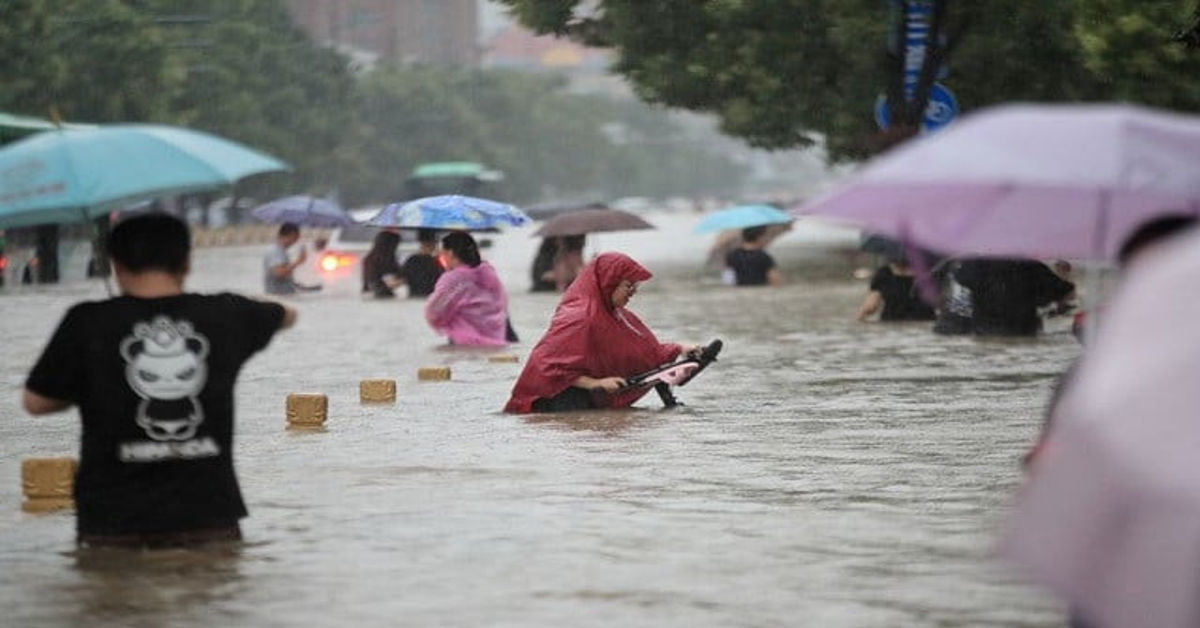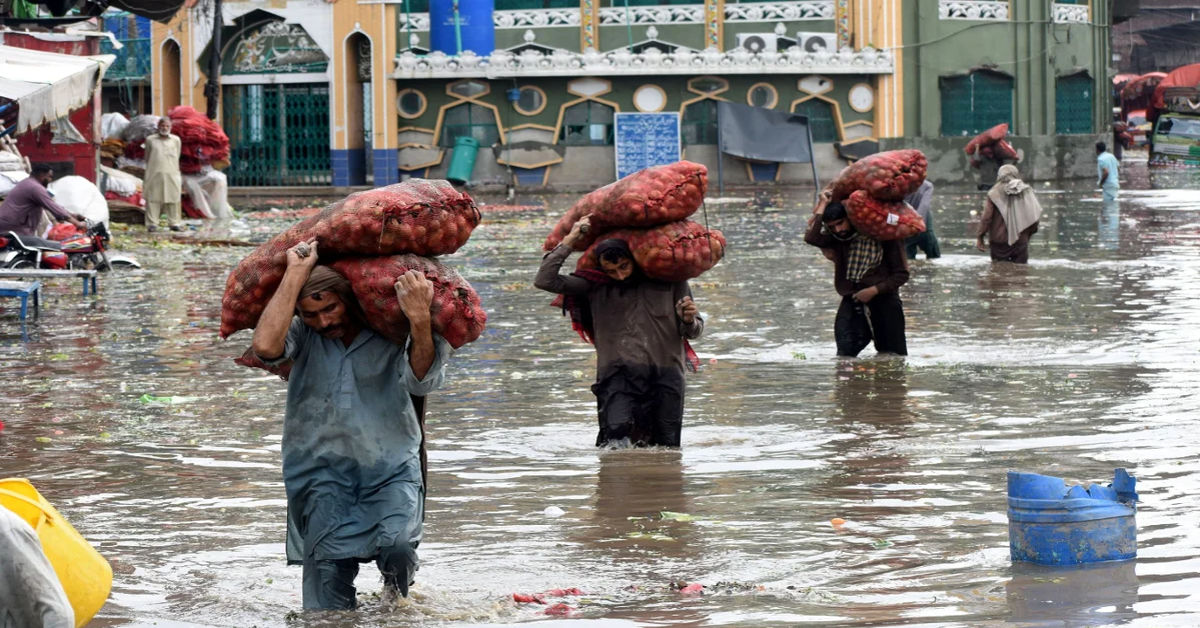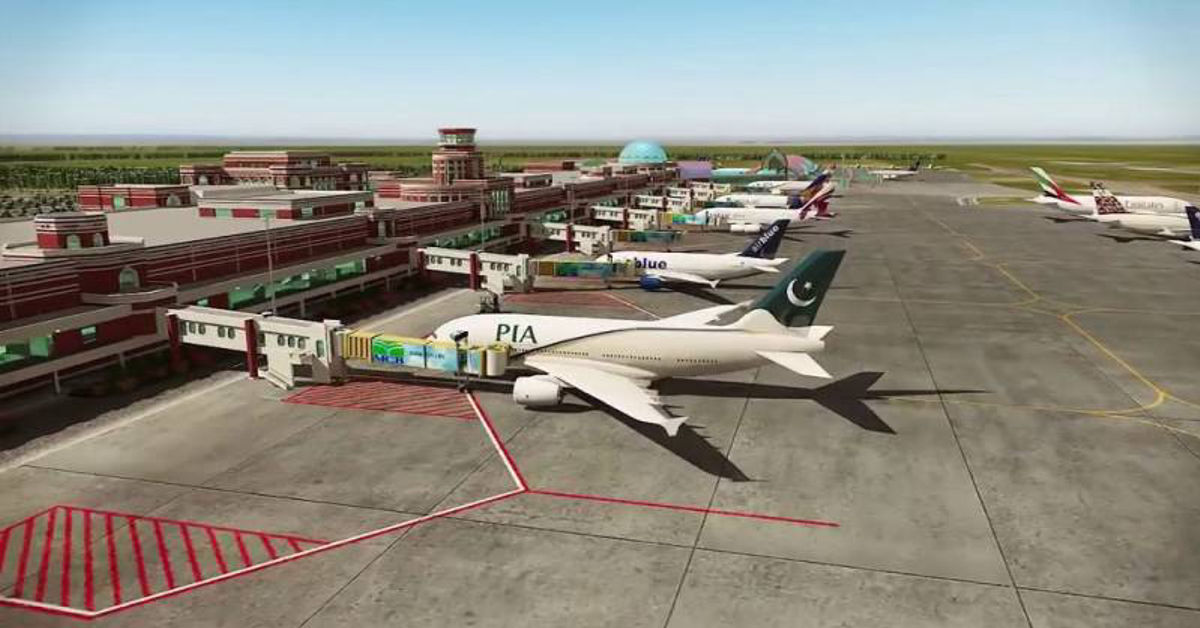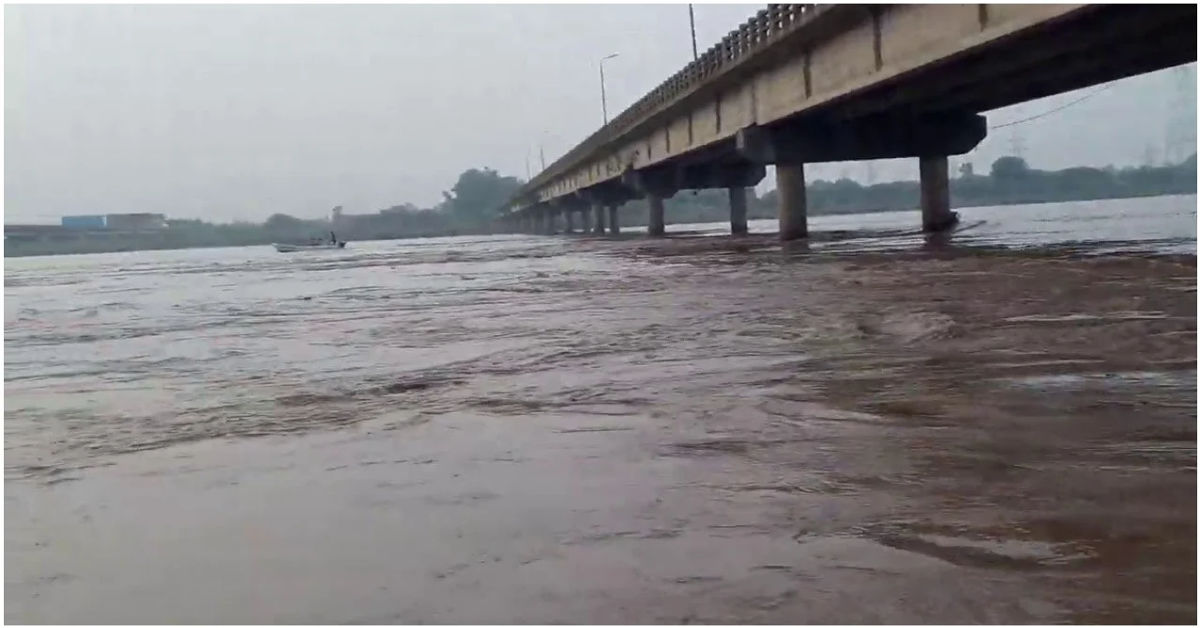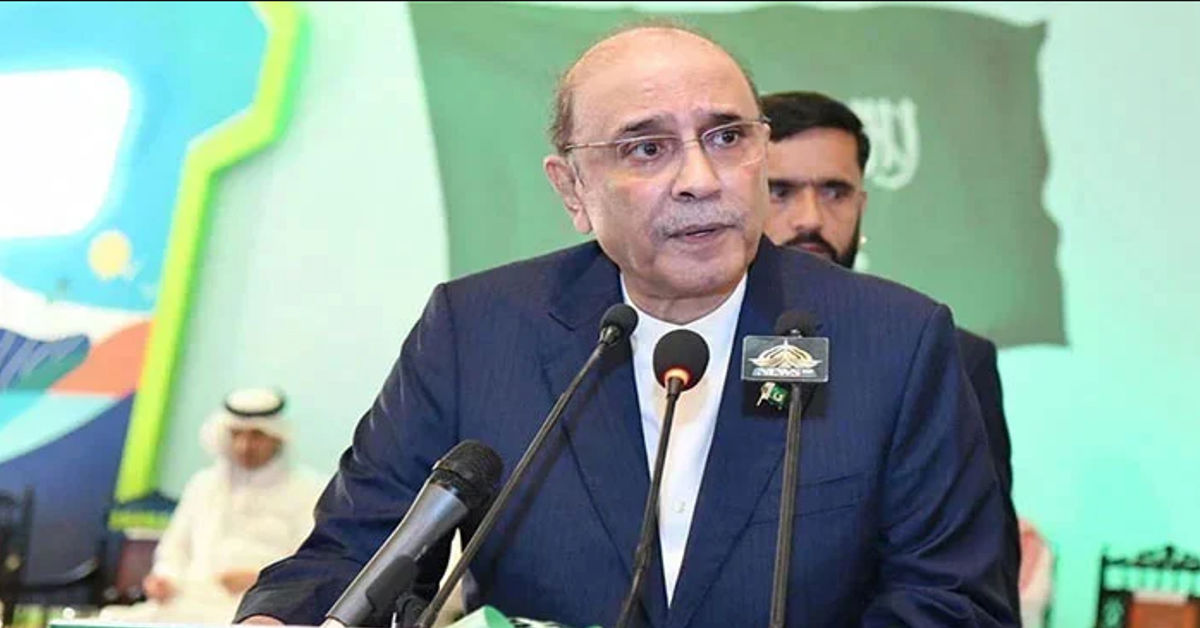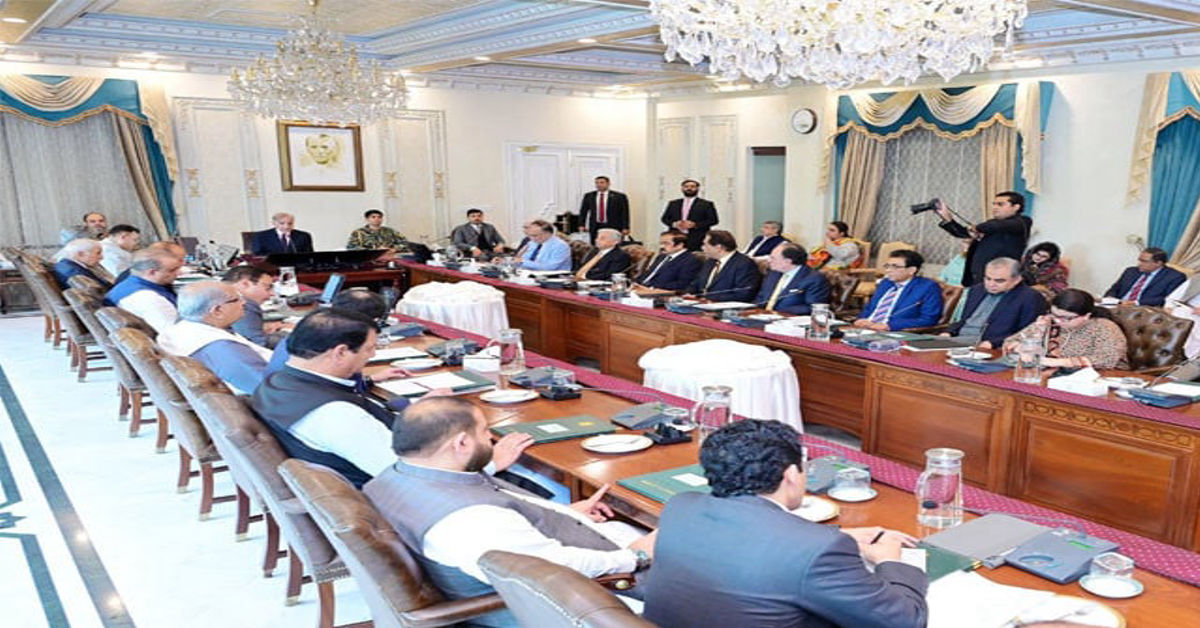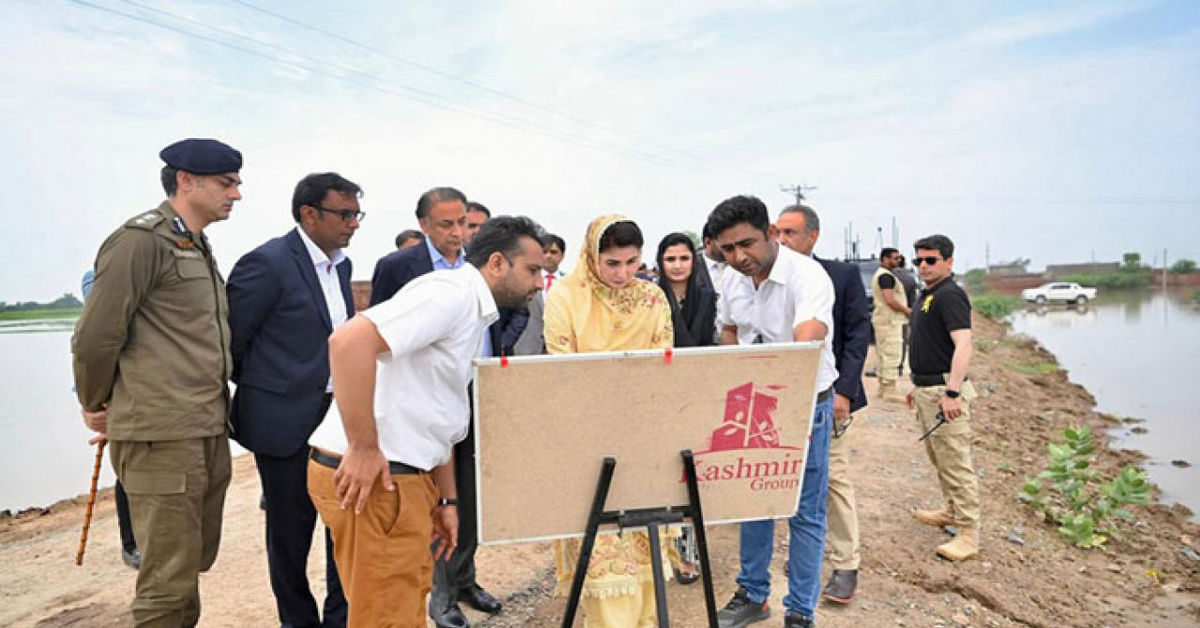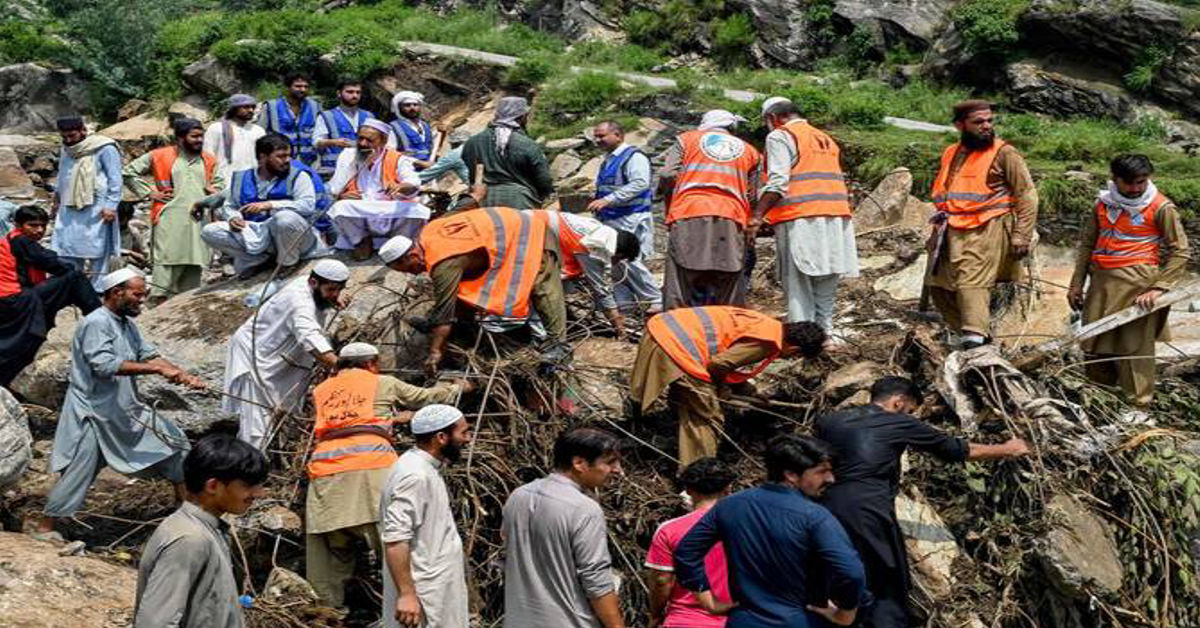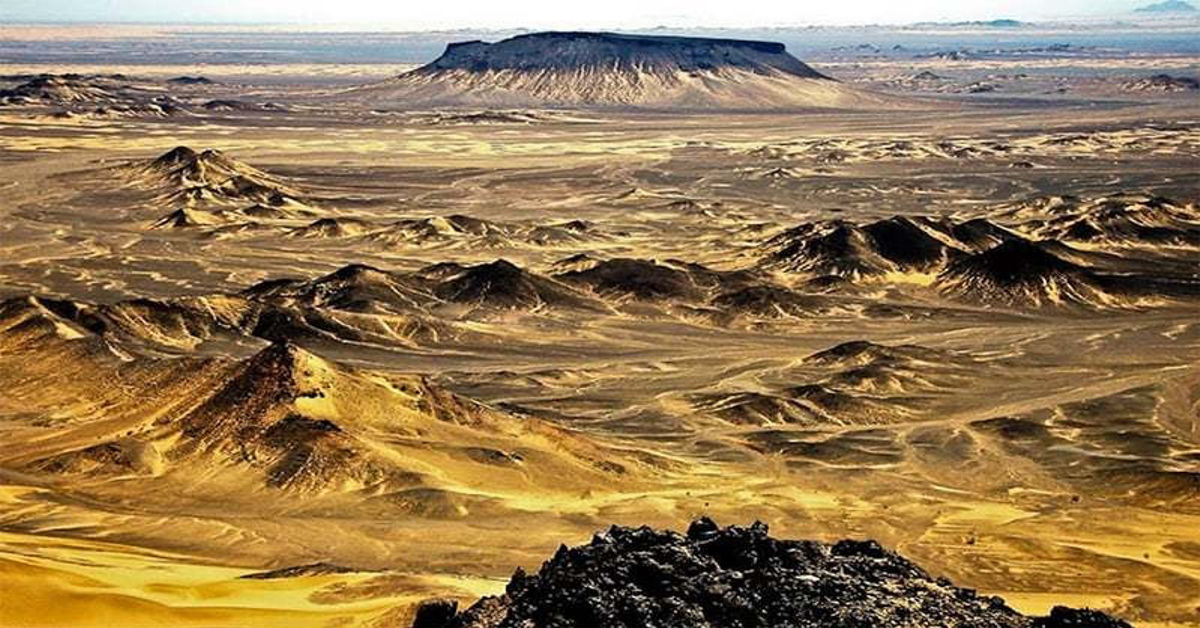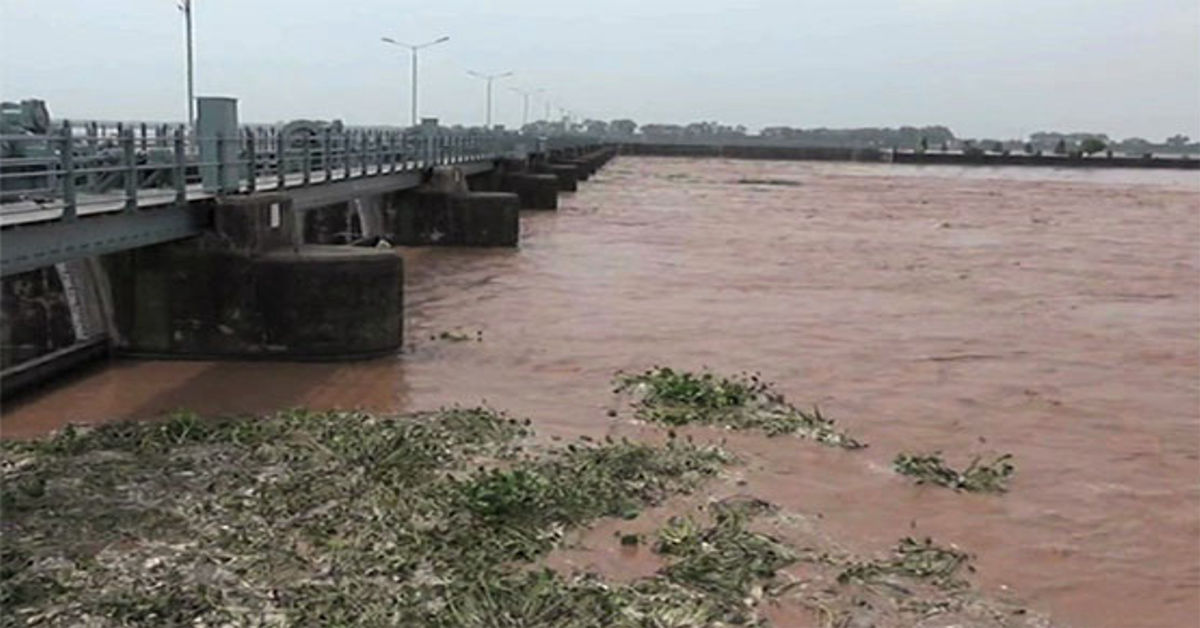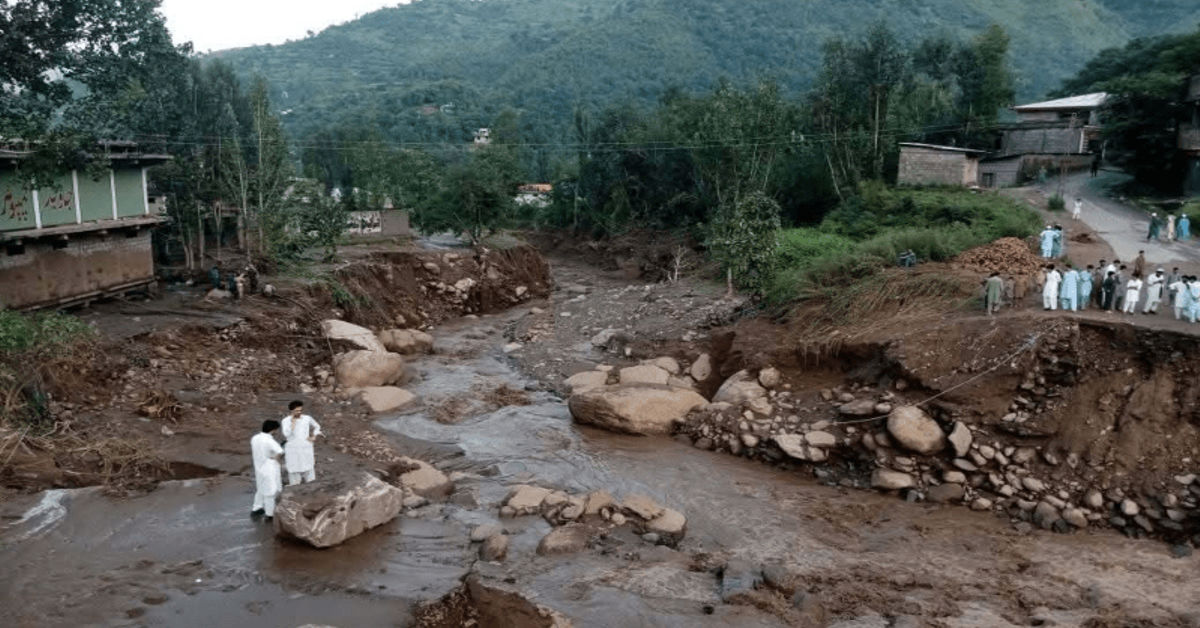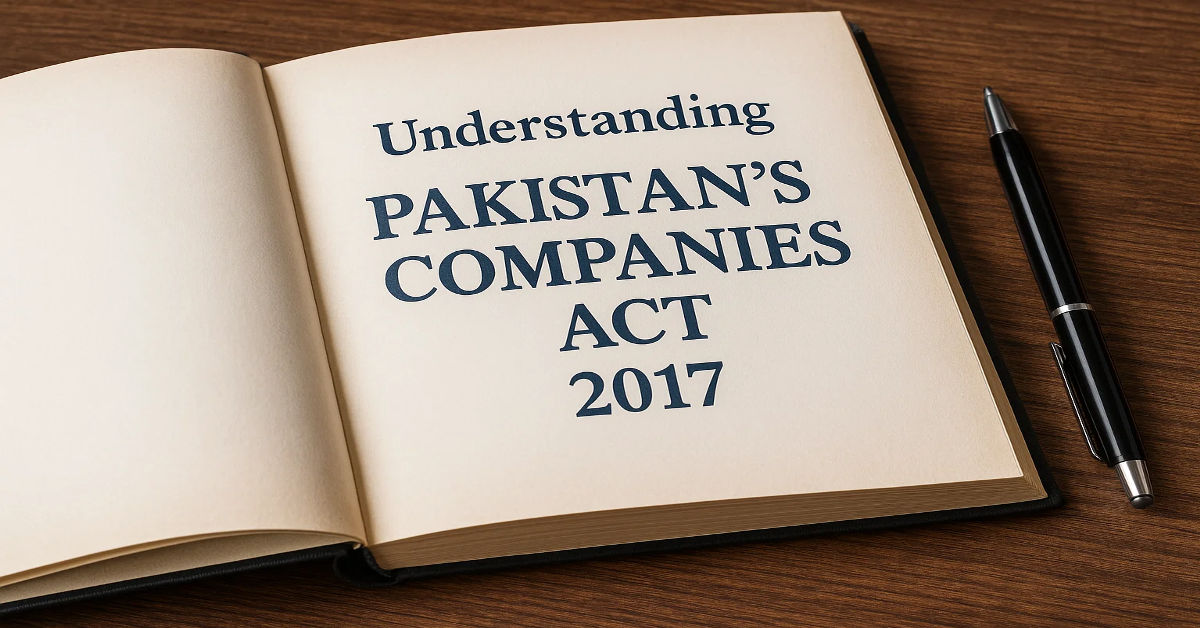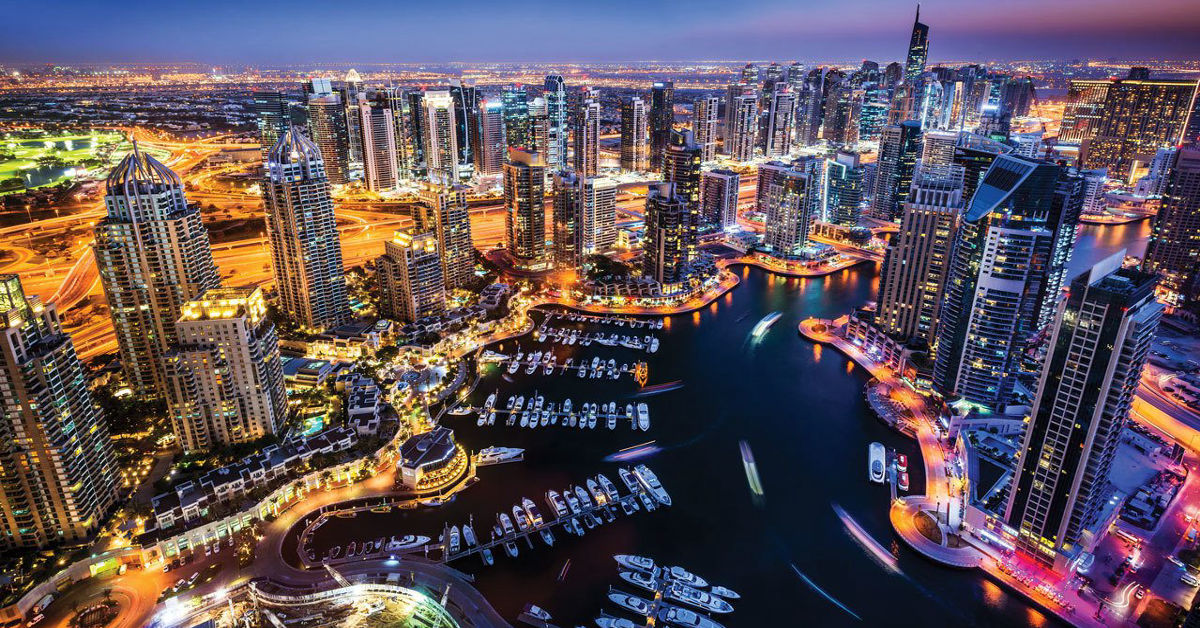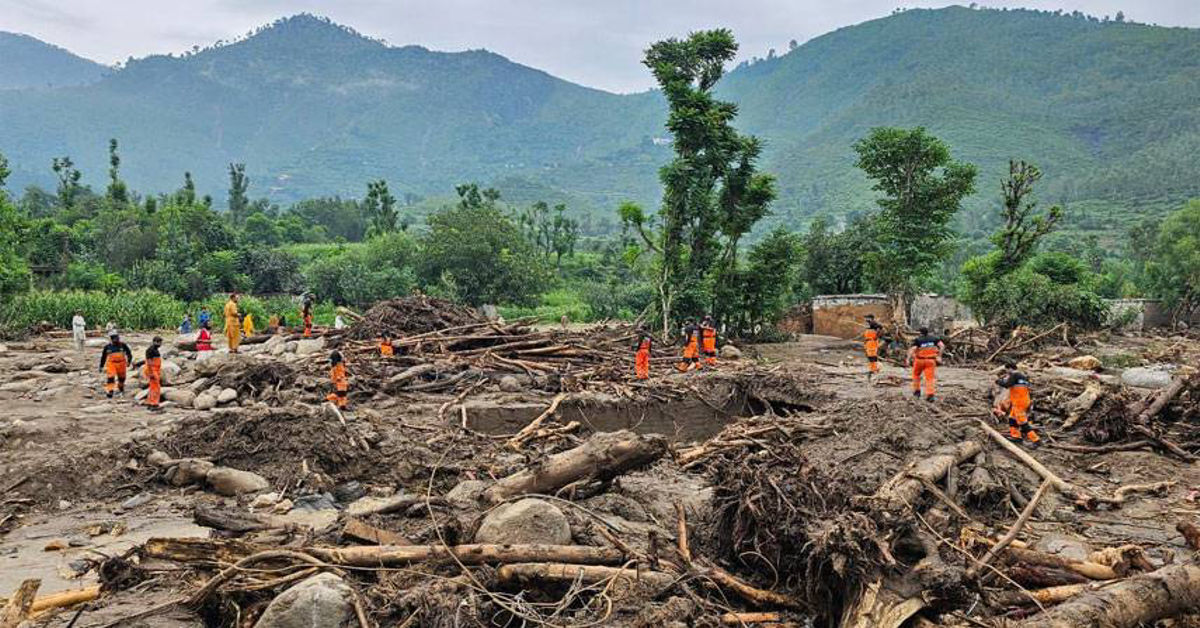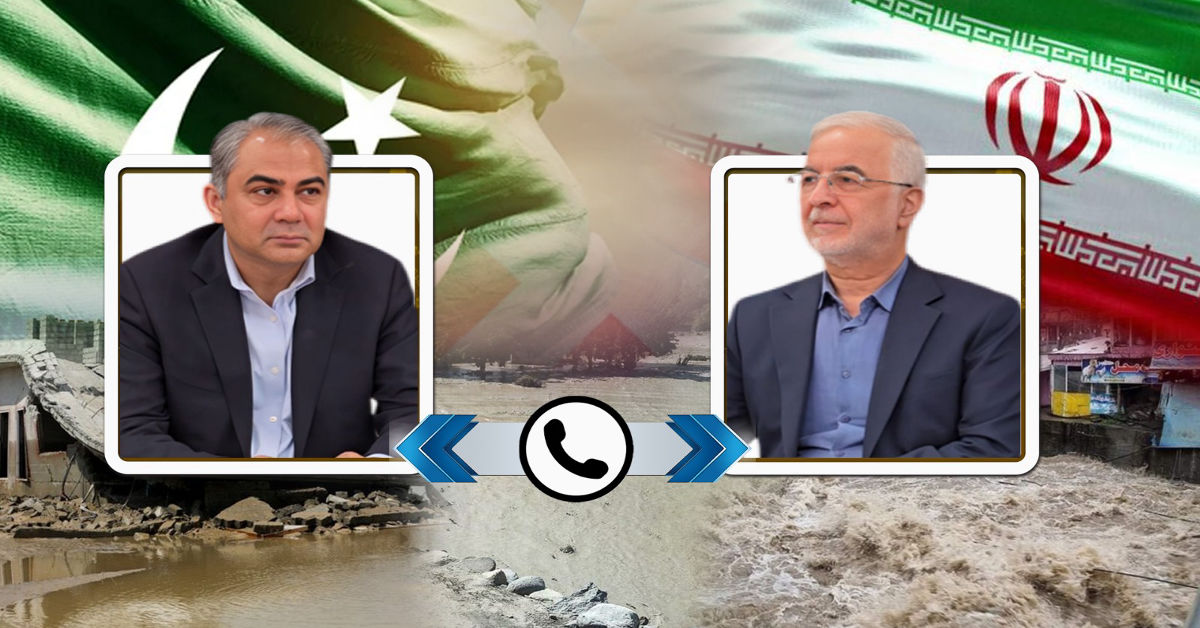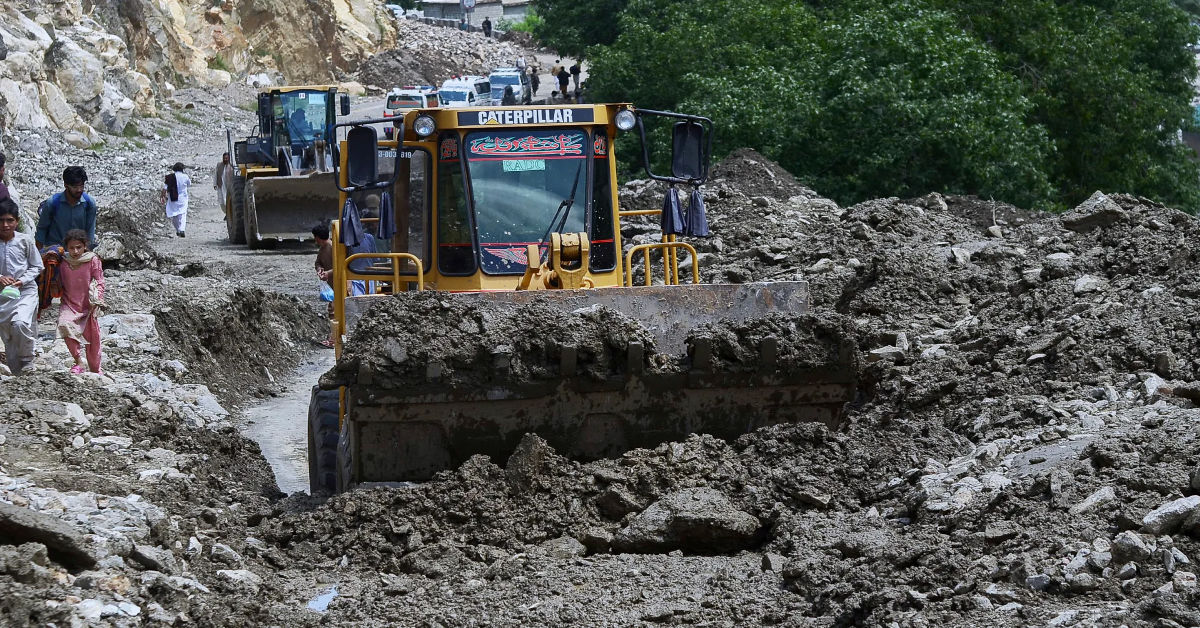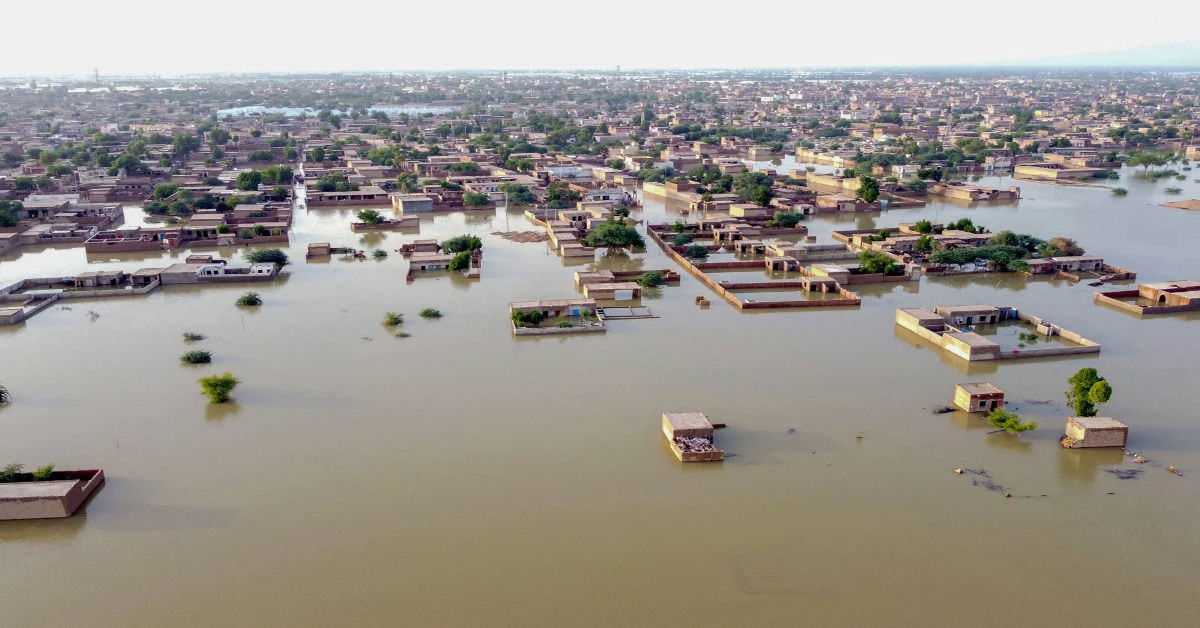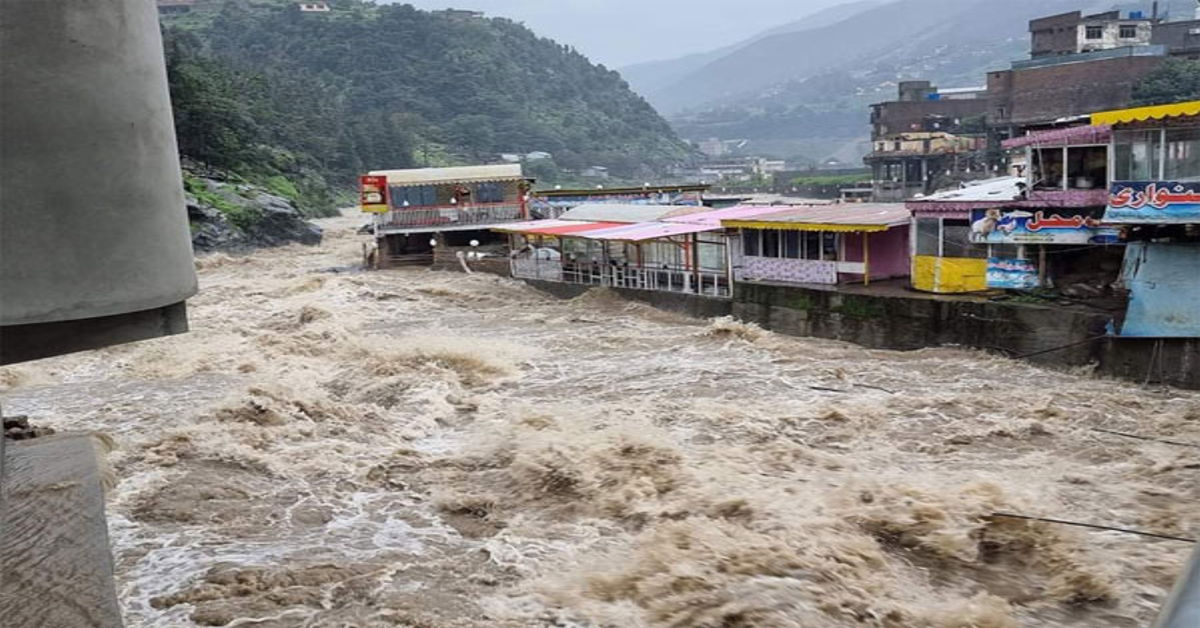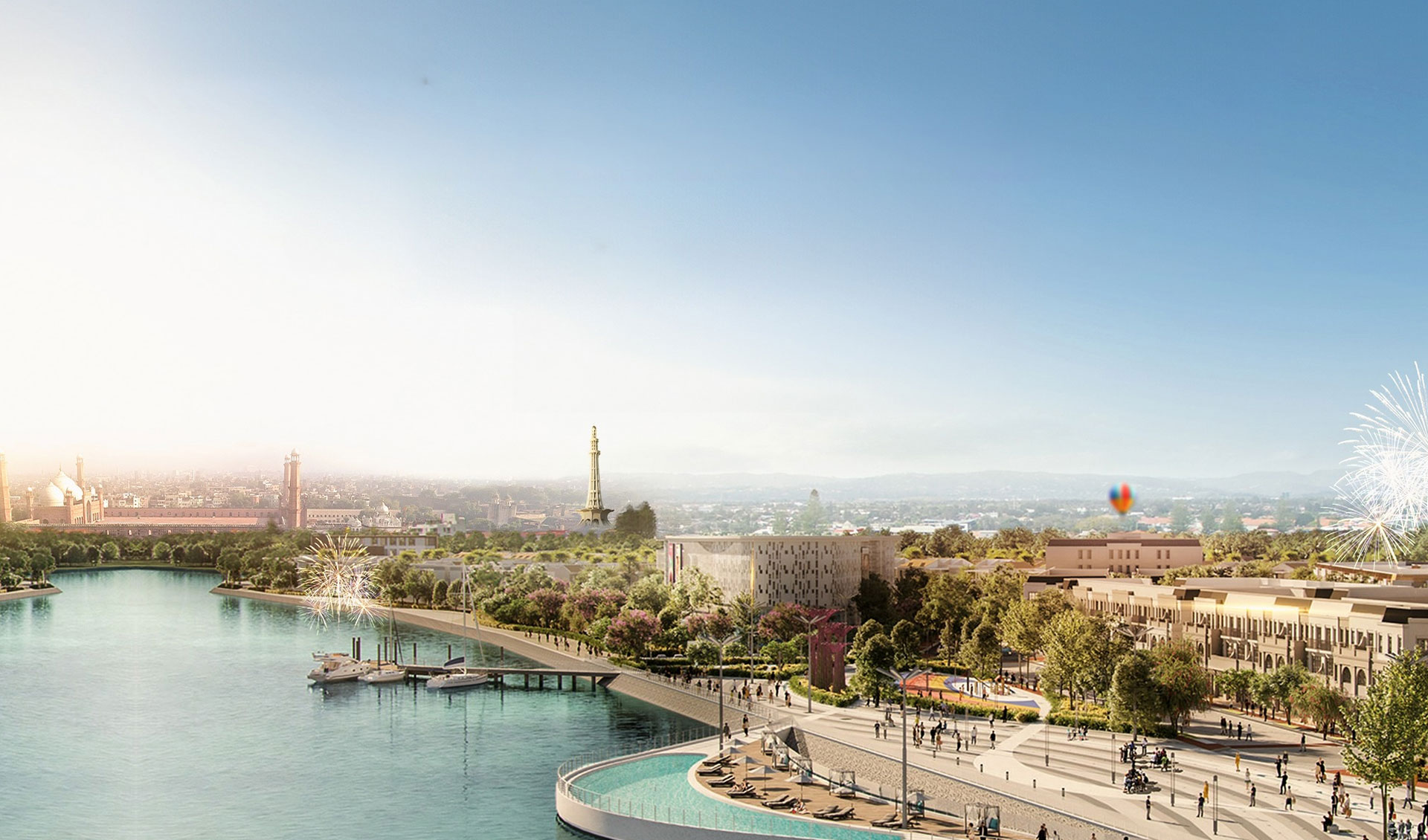
The Pakistan real estate market is a landscape of immense opportunity, characterized by dynamic growth and evolving trends. For investors and homebuyers, understanding this complex environment is the first step toward making a secure and profitable decision. This guide offers expert insights into the current state of the market, helping you identify promising opportunities and navigate potential challenges with confidence. We will explore key urban centers, analyze investment types, and provide practical advice to help you maximize your returns.
Current Market Landscape
Pakistan’s property sector is currently experiencing a period of significant transformation. After facing economic headwinds, the market is showing signs of stabilization and renewed investor interest. Government initiatives aimed at boosting the construction industry, coupled with growing housing demand from an expanding population, are key drivers of this momentum.
Urban centers like Karachi, Lahore, and Islamabad continue to be the primary hubs of real estate activity. However, emerging cities such as Gwadar and other areas along the CPEC route are gaining prominence as future growth corridors. For potential buyers, this creates a diverse portfolio of options, from established urban properties to high-growth-potential plots in developing regions. Understanding these regional dynamics is crucial for pinpointing the right investment that aligns with your financial goals.
Growth in Pakistan’s Property Sector
Several powerful factors are fueling the expansion of the real estate market. A primary driver is the country’s young and growing population, which creates a consistent and pressing demand for housing. This demographic trend ensures that residential properties, in particular, remain a secure long-term investment.
Additionally, the government has introduced policies to streamline the property transaction process and encourage investment. Efforts to digitize land records and offer incentives for developers have increased transparency and boosted investor confidence. Overseas Pakistanis play a vital role by sending remittances, and they channel a significant portion of this capital into the property market, which provides steady liquidity and drives demand for quality housing.
Top Cities for Real Estate Investment
When considering where to invest, three cities traditionally stand out, each offering unique advantages.
- Karachi: As Pakistan’s economic powerhouse, Karachi has a perpetual demand for both residential and commercial properties. Its diverse market caters to all budget levels, from luxury apartments in Clifton and DHA to more affordable options in developing suburbs.
- Lahore: Known for its rich culture and planned communities, Lahore is a favorite among families and long-term investors. Areas like DHA, Bahria Town, and newer societies along the Ring Road offer modern infrastructure and a high quality of life, promising steady appreciation.
- Islamabad: The nation’s capital is synonymous with security, serenity, and meticulous urban planning. Its real estate market is considered one of the most stable in the country. While property prices are higher, the potential for consistent rental income and capital gains makes it a trustworthy choice for low-risk investment.
Residential vs. Commercial
Choosing between residential and commercial property depends entirely on your investment strategy and risk appetite.
Residential properties, such as houses, apartments, and plots, are generally considered a safer bet. They offer the potential for both rental income and long-term capital appreciation. The demand for housing is constant, making it easier to find tenants or buyers. This type of investment is ideal for individuals seeking a stable, long-term growth asset.
Commercial properties, including shops, offices, and warehouses, can offer higher rental yields. However, they are more susceptible to economic fluctuations. A thriving economy can lead to significant returns, but a downturn can result in longer vacancy periods. Experienced investors with a higher tolerance for risk may prefer this option because it offers more substantial, though less stable, cash flow.
Legal and Regulatory Frameworks
Navigating the legalities of property transactions in Pakistan can seem daunting, but it is the most critical step to secure your investment. The key is to ensure complete transparency and thorough due diligence. Always verify property ownership and title deeds through the relevant land revenue office or development authority.
It is highly recommended to engage a reputable real estate lawyer to review all documentation, including the sale agreement and transfer deeds. Be aware of the applicable taxes, such as Capital Gains Tax (CGT) and stamp duty, to accurately calculate your total investment cost. A clear understanding of the legal process is your best defense against fraud and ensures your ownership is undisputed.
PropTech and Digital Transformation
Technology is reshaping how we buy, sell, and manage property in Pakistan. The emergence of “PropTech” (Property Technology) has introduced online portals and digital tools that make the market more accessible and transparent. Platforms like Zameen.com and Graana.com allow you to browse thousands of listings, compare prices, and take virtual tours from anywhere in the world.
This digital shift has empowered both buyers and sellers. It provides access to a wealth of market data, helping you make more informed decisions. Furthermore, the digitization of land records in provinces like Punjab is a major step toward reducing disputes and increasing the security of property transactions. Embracing these tools can streamline your investment journey and provide a significant competitive advantage.
Future Projections and Market Trends
Looking ahead, the Pakistan real estate market is poised for continued growth, albeit with some regional variations. The demand for affordable housing is expected to surge, creating opportunities for developers focused on this segment. Sustainable and eco-friendly developments are also likely to gain traction as buyers become more environmentally conscious.
Infrastructure projects, particularly those related to the China-Pakistan Economic Corridor (CPEC), will continue to unlock new investment hotspots. Cities and regions along these routes are expected to see significant appreciation in land values. For investors, staying informed about these large-scale developments is key to identifying the next wave of high-growth opportunities.
Conclusion
The Pakistan real estate market offers a compelling path to long-term wealth creation. By focusing on key urban centers, understanding the difference between residential and commercial assets, and prioritizing legal due diligence, you can make a secure and profitable investment. The ongoing digital transformation is making the market more transparent and accessible than ever before. With a clear strategy and a focus on quality, you can confidently navigate this dynamic landscape and secure your financial future.
Frequently Asked Questions (FAQs)
1. Is real estate a good investment in Pakistan right now?
Yes, real estate remains one of the most reliable long-term investments in Pakistan. With a growing population driving housing demand and new infrastructure projects creating growth corridors, the sector offers strong potential for capital appreciation.
2. What are the main risks when investing in Pakistani property?
The primary risks involve legal complexities and the potential for fraud. It is crucial to conduct thorough due diligence, verify all property documents with the relevant authorities, and work with a trusted real estate lawyer to ensure a secure transaction.
3. Which property type offers better returns: residential or commercial?
It depends on your goals. Residential property generally offers stable, long-term growth and is considered lower risk. Commercial property can provide higher rental yields but is more sensitive to economic conditions, making it a higher-risk, higher-reward option.
4. How has technology impacted the real estate market?
Technology has made the market more transparent and efficient. Online property portals allow buyers to easily search and compare listings, while the digitization of land records is helping to reduce fraud and streamline the legal process.
5. What taxes are involved in buying property in Pakistan?
When buying property, you can expect to pay several taxes, including stamp duty, Capital Value Tax (CVT), and registration fees. If you sell the property, Capital Gains Tax (CGT) may apply depending on how long you have held the asset. It is best to consult with a tax advisor for precise details.

